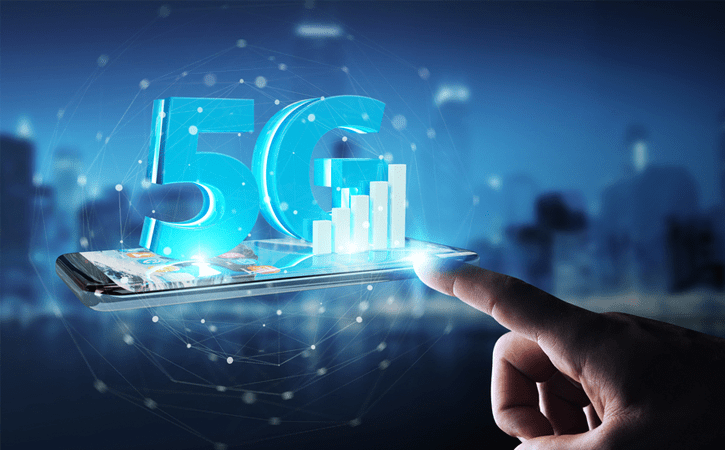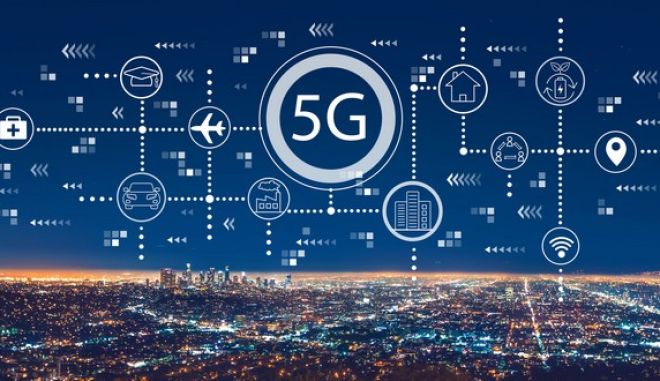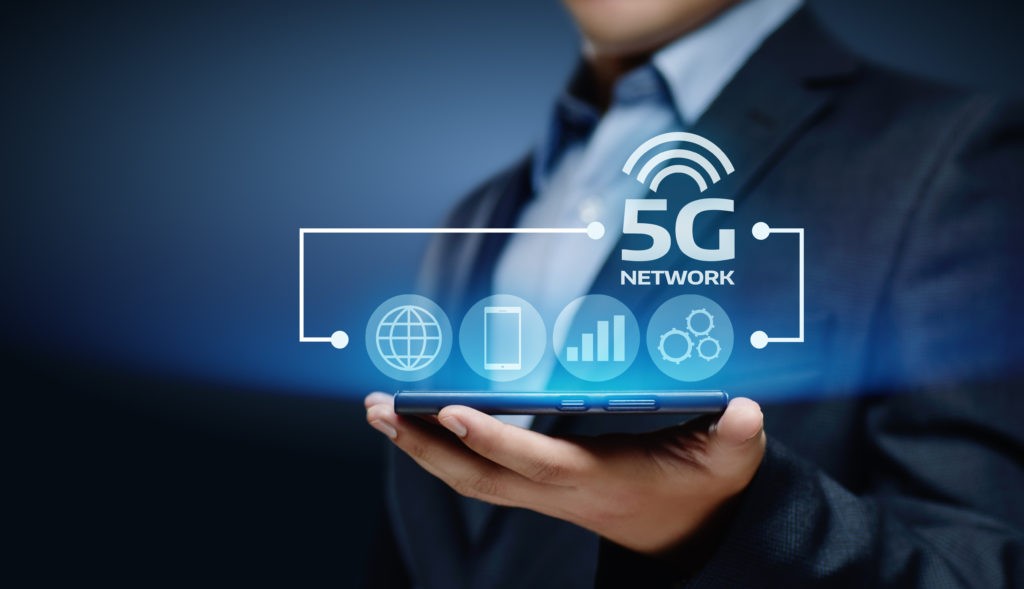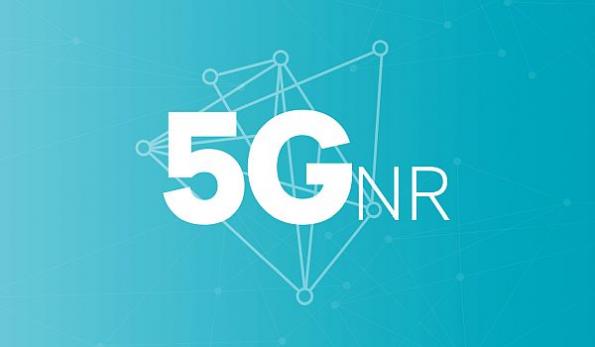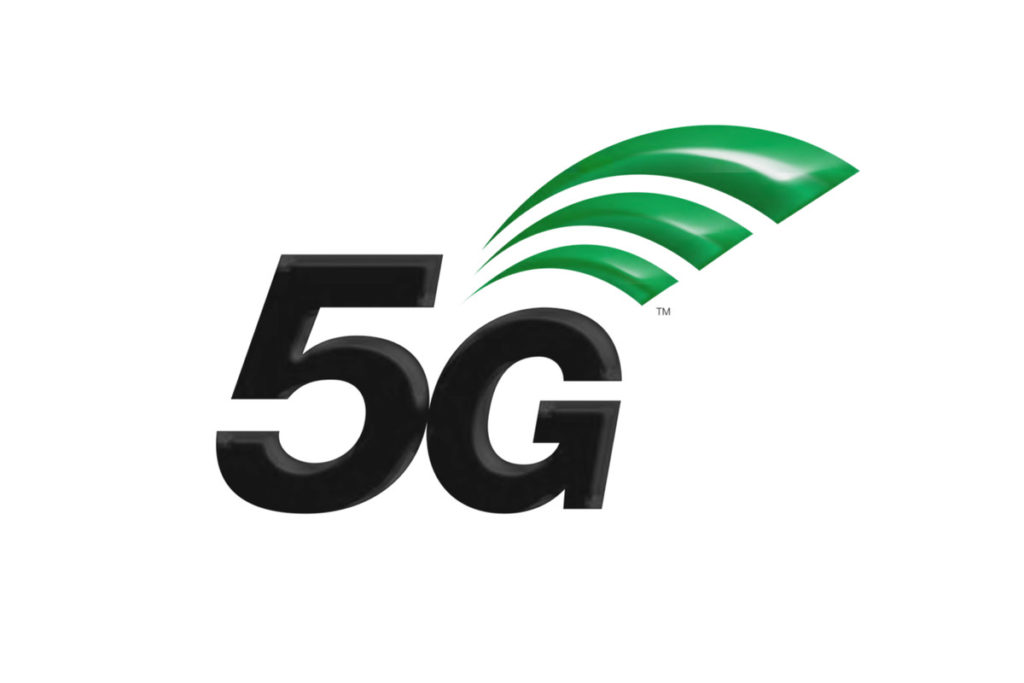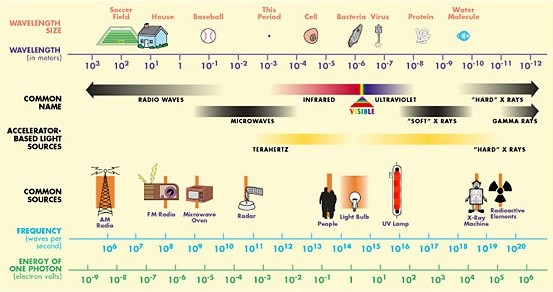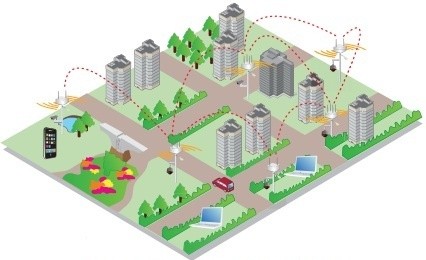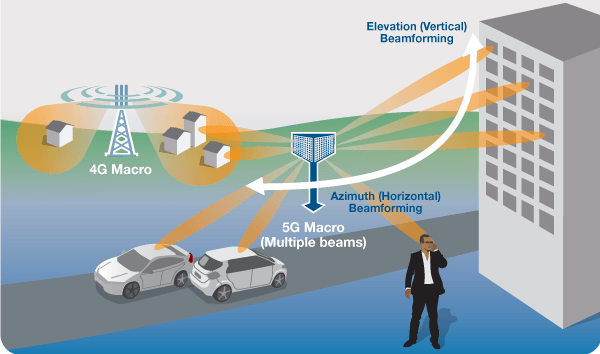In the last several days, we have officially entered 2020! 2020 is not just another typical year, at least as far as technology is concerned. It is the dawning of a whole new decade where we expect to see and reap the benefits of 5G networks throughout the planet! Of course, we will not have massive 5G deployments globally from day one. However, slowly but steadily, most countries have started implementing 5G infrastructure projects that will bring 5G to our lives within 2020. Although the initial implementation projects focus on IoT, higher speeds and connectivity, the second half of the decade is expected to bring 5G on a massive scale worldwide, initially in major cities and beyond. This means that most operators will be able to provide many advanced and demanding 5G applications. From the health and industry sector to smart cities, autonomous vehicles, and tactile Internet, new 5G networks promise to revolutionize our lives.
5G and its coming have been the main topic of discussion for some years now. However, it seems that in the next decade, 5G will become a pre-requisite on every technical aspect, not only for the consumer and the industry view, but for society as well.
The road to 5G
It has been a long way during the last few decades regarding developments in IT and the widespread use of mobile telephony since their breakthrough in the 1980s. From 2G voice calls and text messaging, 3G HSPA initial IP services via a mobile device, and the first broadband speeds and connectivity of the 4G LTE technology to the multi-core, multi-GHz desktop computers/laptops and multi-gigabit connectivity with everyone, everything, and everywhere.
Recent years can be described as the transitional phase that has paved the path for 5G in the next decade. 5G trials and projects around the world that have been deployed on a pilot or small scale will be fully implemented in 2020 and beyond.
The 5G impact
Social media and privacy
During the last decade, social media breakthrough has dominated the scene. From social media apps to online dating apps, people are already increasingly using the Internet to learn, have fun but also to communicate. Despite this significant penetration, social media usage has brought to attention questions on security and privacy that will definitely trigger growing concerns to operators and service providers around the globe.
5G Security
The 5G network is not just about the fast use of the Internet, it is also a key milestone for army and security technology. The control of information is a crucial factor. No matter how distant it may seem, one should not forget that the robotic era has already begun. The 5G network will give new opportunities to artificial intelligence technology, allowing people and devices to communicate with each other by exchanging vast volumes of data. This data has to be secure in order for the service providers to remain reliable and ensure their credibility, by making user data privacy their number one priority.
Artificial Intelligence
One of the most notable developments in recent years has been in the field of artificial intelligence. AI is now becoming a reality, through mobile phones, electric cars, crypto-currencies, and smart home assistants. The widespread use of the 5G network in the coming years is expected to make artificial intelligence tools even more efficient. However, legal and ethical issues have been raised, so it is up to the telecom industry itself to inform the public and convince its consumers and society accordingly. After all, everyone is expecting that 2020 will be the year of the massive 5G network deployments, as the industry is rapidly heading to the new era of the ever-faster internet speeds of up to 10 times higher than 4G technology.
The dispute over 5G supremacy
Users of the 5G network in 22 countries around the world have already been given a small taste of the possibilities of the new technology. Yet, the new year will make full use of it, and the competition that follows will grow even more prominent. The US-China technological war is just one aspect of the two countries’ trade disputes.
According to experts, both players intend to use whatever means possible to claim a larger share of the pie, an attitude that is expected to affect the entire world economy. The stakes, after all, are high, since the winner will play a leading role in the future to come.
5G penetration
In the US, mobile carriers are already getting warmed up for 2020. Verizon has announced its plans to significantly increase the output of 5G devices in 2020 by releasing twenty new 5G devices this year, with prices even below the $600 range. In the meantime, AT&T will be launching another fifteen 5G phones in 2020, in its attempt to cover 200 million people by the summer of this year.
Although Asian and the US markets seem ahead of the game, by 2020, the European Union is in the process of licensing the spectrum of the 5th generation wireless systems expected to be completed by the end of the year. For the time being, there seems to be no single strategy for the EU countries. France and Germany have announced that they will conduct an investigation into US allegations and their treatment towards Huawei. However, it seems like a decision should be taken soon since no one wants to be left behind on the 5G developments. This is becoming increasingly important since the European Commission estimates that global revenue from the 5G network will reach € 225 billion by 2025.
Space tourism
2020 will also be the year that space tourism will debut! Blue Origin, the privately funded spaceflight company founded and managed by Amazon’s billionaire Jeff Bezos, has announced that it is ready for the launch of “New Shepard”, sending the first tourists into space. Elon Musk’s Space X announced that various artists will go on a trip around the moon within this year. At the same time, the big picture is to take people to Mars in the next decade and finally colonize the planet! Richard Branson’s “Virgin Galactic” is also planning, with a ten-year delay, its test flights for the first tour in the stars within 2020. According to reports, 600 people are participating in the space tourism program, with the ticket price being on the $ 250,000 range. There are few people in the scientific community who doubt that this can be achieved, explaining that multiple tests are further needed. However, the above billionaires insist that they are working feverishly to break all these barriers.
TV platforms
Back on Earth, those who haven’t secured the magic ticket to Space will be able to travel via some screen and the possibilities offered by the new pay-TV era. Netflix, the online platform with hundreds of episodes and its own productions, has up to now managed to monopolize the interest of the television audience, in recent years. However, it is now not considered as the only mainstream platform anymore. Disney+, Hulu, Amazon Prime Video, Apple TV have already made their appearance. The competition is expected to escalate even further with the addition of HBO Max, Peacock (NBC), and Quibi in 2020. Specialists claim that the industry will transform further in the following years as large production companies are already considering their next steps. Although Netflix was the pioneer, its original content will not be able to meet the full needs of the audience, since, with so many available choices, it is expected to become extremely demanding and selective. Disney+, which was announced last November, with its new deals with Disney, Pixar, National Geographic, Star Wars, and Marvel Studios, might become one of the strongest contestants in the market.

